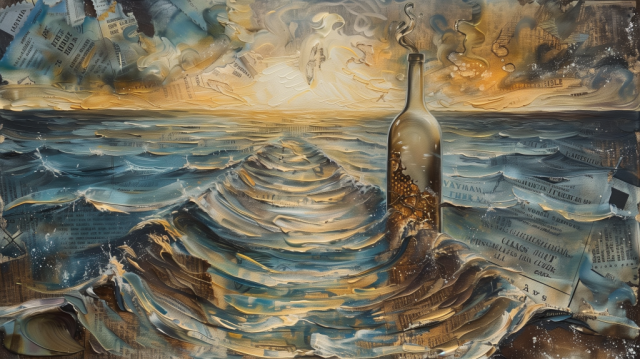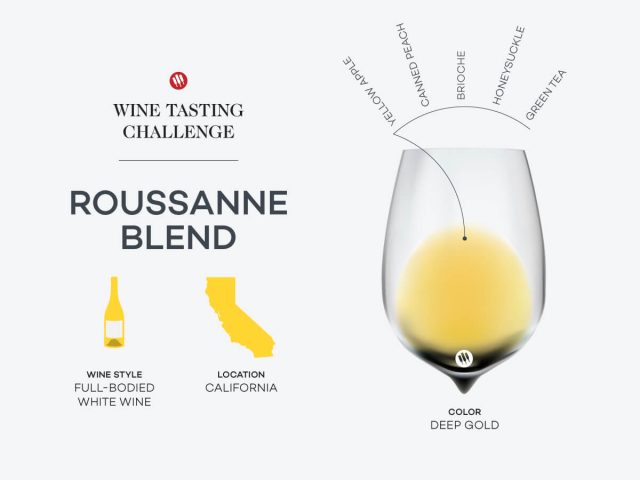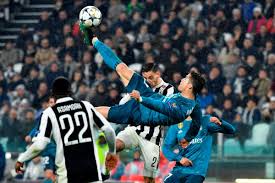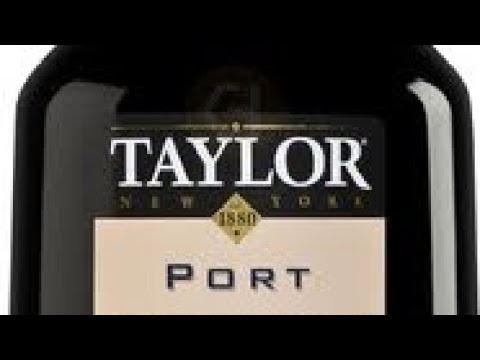On raw tasting ability: is there a Messi of wine tasting?
As a Manchester City fan, it was a little uncomfortable watching last night’s game against Barcelona. The Catalans were much the better team, and had it not been for the heroics of Joe Hart, the City goalkeeper, the scoreline could have been a lot worse than the 1-0 it ended up as. Lionel Messi, one of a scary Barcelona front three, was just a genius. There’s perhaps only one other player in world football who is in his league.
Messi’s talent is something he was born with. If you could coach this talent, then because of the value of a player like this, there would be incredible resources directed towards producing new Messis. Certainly, good coaching is needed to produce the finished article, but without the raw talent in the first place – and at Messi’s level this is clearly incredibly rare – you won’t get there.
This raises an interesting question. Are some wine tasters simply better than others by means of raw talent? Do some wine critics have an innate gift that sets them apart from others? Or are those of us who taste wine and write about it all more or less in the same boat with regard to raw tasting ability? Is wine tasting about experience and intelligence in interpreting and applying the information we get from our palates? Could most people become effective wine critics given the right aptitude and experience, aside from any innate tasting gift?
I was prompted to ask these questions by a comment on a post I made on when critics disagree a few years ago. Neal Martin of The Wine Advocate commented: ‘The probability is that the most gifted taster in the world might have no interest, nor have ever have tasted a single wine.’ This suggests that Neal thinks that being a great wine taster relies on innate ability, in the sense that just as there may be an undiscovered Messi out there who has never tried playing football, there might be a supremely gifted taster who has never had a chance to taste wine.
But what would such a gift consist of? Are some people naturally endowed with incredible palates? The top critics seem to quite like this idea, because it makes them unchallengeable. ‘I have a gift,’ they might say. ‘To me, the ability to understand and rate a wine comes naturally. I was born with it.’ If they are cast as rare geniuses who can lead us to the ‘best’ wines, then their talent becomes highly marketable. It’s also pretty much unchallengable: which critic would subject themselves to the likes of the Australian Wine Research Institute’s AWAC, where palate abilities are measured and fed back to participants?
Let’s look a little at the individual differences in flavour perception.
There is, of course, the distinction between hypertasters (also known as supertasters) and non-tasters. This relates to the ability to taste specific bitter compounds, and it’s quite a controversial field. Some people are more sensitive to these bitter compounds (notably propylthiouracil, PROP), and it is said by some psychophysicists that these people live in an enhanced taste world where all taste sensations are more intense. It seems that the different PROP taster status groups have more or less foliate papillae on their tongues which would account for this observation, but the relationship isn’t totally clear. There’s a really good discussion of this in an article in Contemporary Aesthetics which looks at whether supertasters would make ideal critics.
Then we have the thermal taster status, a more recently discovered phenomenon where certain individuals have a phantom taste with a change in temperature on their tongues. This doesn’t correlate with PROP taster status. Interestingly, there seem to be a number of different individual differences in oral sensation across individuals that may be independent of PROP taster status, but these haven’t been well researched.
One thing that no one seems to talk about is salivary flow rates. These differ across individuals, and saliva has a key role in the mouthfeel of red wines and, in particular, in the sensation of astringency. People with low and high flow rate experience astringency more intensely than people with medium flow rate.
Then we have smell. In Patrick Süskind’s best selling novel Perfume, set in 18th century France, Jean-Baptiste Grenouille is born into poverty but possesses a remarkable talent: he can smell better than anyone else. Much better. Grenouille finds his vocation, creating wonderful scents. But he knows he is missing a magic ingredient, and to find this he embarks on a grisly, murderous quest. It’s an interesting idea: are some people just so much better at smelling that others they inhabit a different world? For most of us the sense of smell is imprecise and somehow incomplete. It’s a sense that has the ability to communicate in a very direct and raw way with our emotions, but much of the time it is strangely muted. I know from walking my dog that there is a whole world of olfactory sensations out there, which, to us humans, is out of our reach. The idea that someone could inhabit that world is a really interesting one. Is there a wine tasting Grenouille?
It’s clear that we all have different sets of olfactory receptors, and this means that some people can hardly smell particular chemicals while others are very sensitive to them. A great example is rotundone. In general, though, unless your sense of smell is diminished by illness or old age (smell does fall off with age, much more so than taste), it doesn’t seem that overall there are massive differences among individuals across all odours. But there are certainly individual differences: for some brett is more of a problem than others, and some people aren’t good at spotting cork taint, even though they might be very good tasters.
The flavour of wine is, of course, a combination of taste, smell, vision, touch and hearing. But our learning, expectations and context all feed into our perceptions directly, outside our own conscious control. Because of this, I don’t think that being a talented wine critic is something innate. It may well be that those who are drawn to wine as a career are self-selected because they gain particular pleasure from flavour, but the large part of being a good critic is using intelligence and working hard to gain the right experience, and then being able to make the right calls about individual wines, and communicate this effectively. Having a good memory for taste and smells is probably also an important contributor.
It’s an interesting topic and there’s a lot more to be said about it. I haven’t even mentioned ‘liking’, and the way that we can grow to love flavours that we initially find repellent or distasteful, which shows that we can over-ride our biology. If we are going to discuss wine tasting practically and intelligently we need to consider all these issues.
There is, I suspect, no Messi of wine tasting.
(c) jamie goode’s wine blog – Read entire story here.





